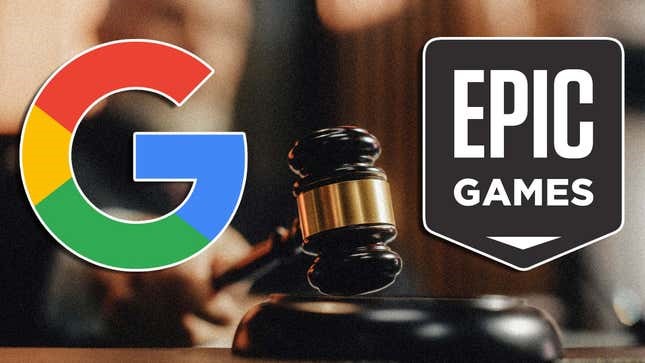The maker of the popular video game “Fortnite,” Epic Games, has recently called on a federal judge in California to compel Google to open up its Play Store to more competition. This comes after a jury found that the tech giant had wrongly abused its power as a gatekeeper for apps on the Android mobile platform. Epic requested in a court filing submitted on Thursday to U.S. District Judge James Donato in San Francisco. Among other things, the company is seeking to require Google Play Store to allow the distribution of competing third-party app stores for six years. They are also requesting that the company’s ability to make agreements with device makers to restrict preloading of competing app stores be limited.
While representatives from both Google and Epic declined to comment on the matter, it is worth noting that Donato is not obligated to grant Epic’s proposals. In all likelihood, this will result in a hard-fought battle before any permanent order on Google is issued. Nonetheless, the new filing sets up the next key test of Google’s ability to impose controls on app developers and consumers.
In December of last year, Donato presided over a blockbuster antitrust trial that ended in a jury verdict against Alphabet-owned Google. The jury found that Google had unlawfully impeded developers’ ability to freely distribute their apps outside of the Play Store and kept an overly tight grip on payments for transactions within apps.
Epic’s proposed injunction also stated that Google should be prohibited from restricting “the ways an app can inform users about out-of-app purchasing options.” Google, however, has staunchly defended its app store practices and denied any wrongdoing. The company has until May 3 to respond to Epic’s proposal. It is worth noting that Epic’s lawsuit did not demand monetary damages.
Epic Games is a privately held company based in North Carolina, in which China’s Tencent owns a 40% stake, and Walt Disney owns a stake of about 9% as of February. Google, for its part, agreed to pay $700 million in December to settle state and consumer allegations over its Play Store restrictions. At the time, the company had announced the expansion of the ability of app and game developers to provide consumers with an alternative billing option for in-app purchases. Google had piloted “choice billing” in the U.S. for over a year.
Google has stated that it will appeal the December antitrust jury verdict. The company can also separately challenge any reforms ordered by Donato, which could stretch the case for years. Epic has also lodged a similar case against Apple in 2020, challenging its grip on its App Store. The case is still being fought after a non-jury trial and appeals.










